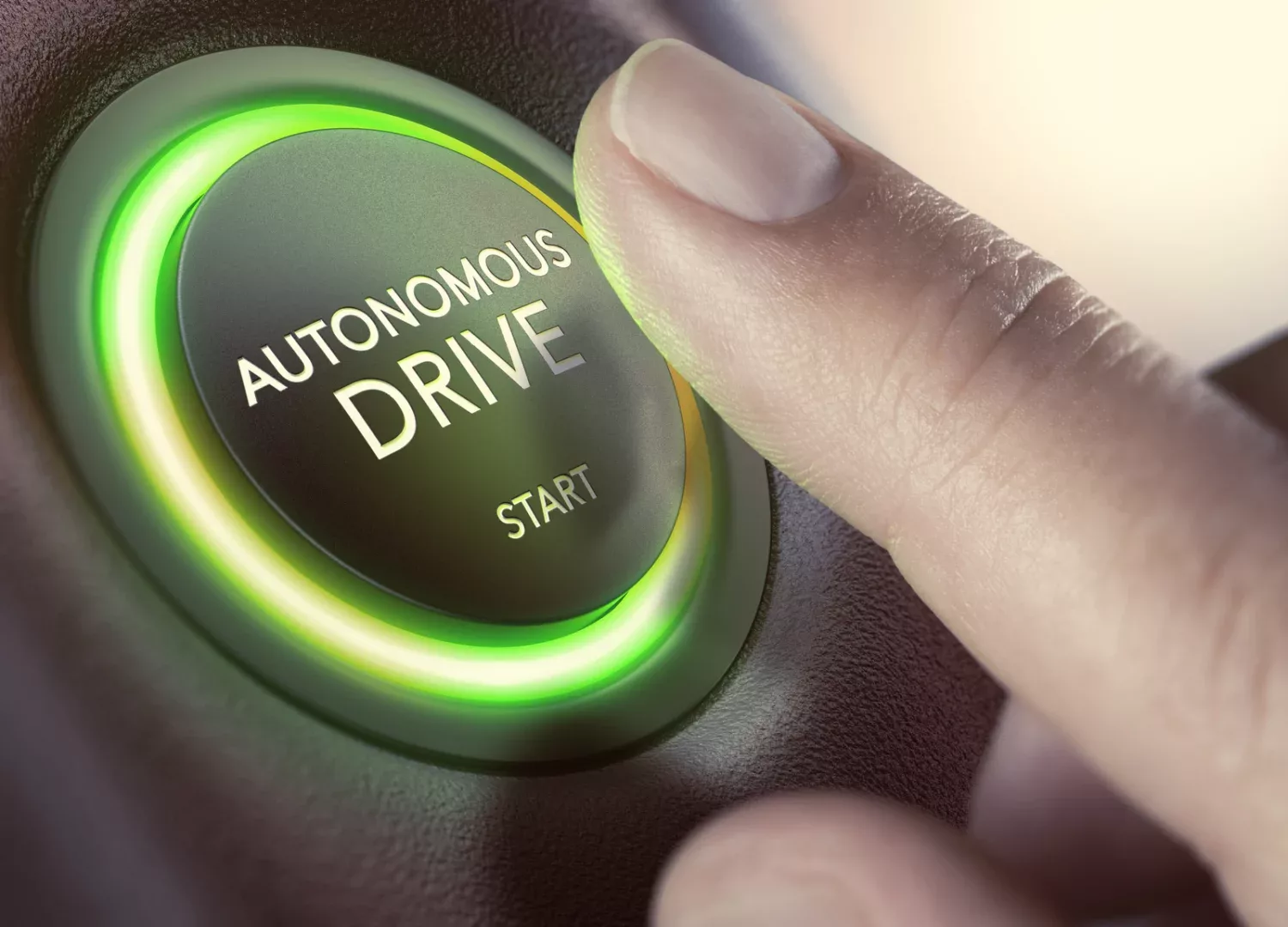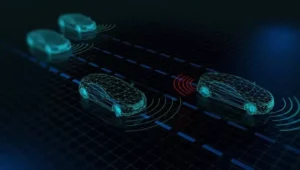Autonomous vehicles are involved in fewer accidents than cars driven by humans, researchers from the University of Central Florida have found.
However, although the research generally showed self-driving cars to be safer, it did discover they seem more prone to accidents in specific situations, reports SKY News
During low-light conditions at dawn or dusk, they were more than five times more likely to have an accident than a human-driven car.
While turning, self-driving cars were nearly two times more likely to have an accident.
There have been a number of high profile crashes of self-driving cars and just last week, a car in self-driving mode crashed into a police car in California while officers were responding to a deadly collision.
Self-driving cars could be on UK roads by 2026, after a new law passed in May.
The law is intended to create jobs as well as improve road safety by “reducing human error, which contributes to 88% of road collisions”, according to the Department for Transport.
Last year, a UK study by the Institute of Mechanical Engineers suggested seven out of ten people would be uncomfortable travelling in an autonomous vehicle with no human control, said the Sky News report.
Nearly a third (29%) of people worried about how the car would deal with accidents.
The researchers, Mohamed Abdel-Aty and Shengxuan Ding, compared accident data collected from 2,100 autonomous vehicles and 35,133 human-driven vehicles between 2016 and 2022.
They found that autonomous vehicles were less likely to be involved in accidents when performing routine driving tasks, such as maintaining lane positions and adjusting to the flow of traffic.
PIC-YAY IMAGES























